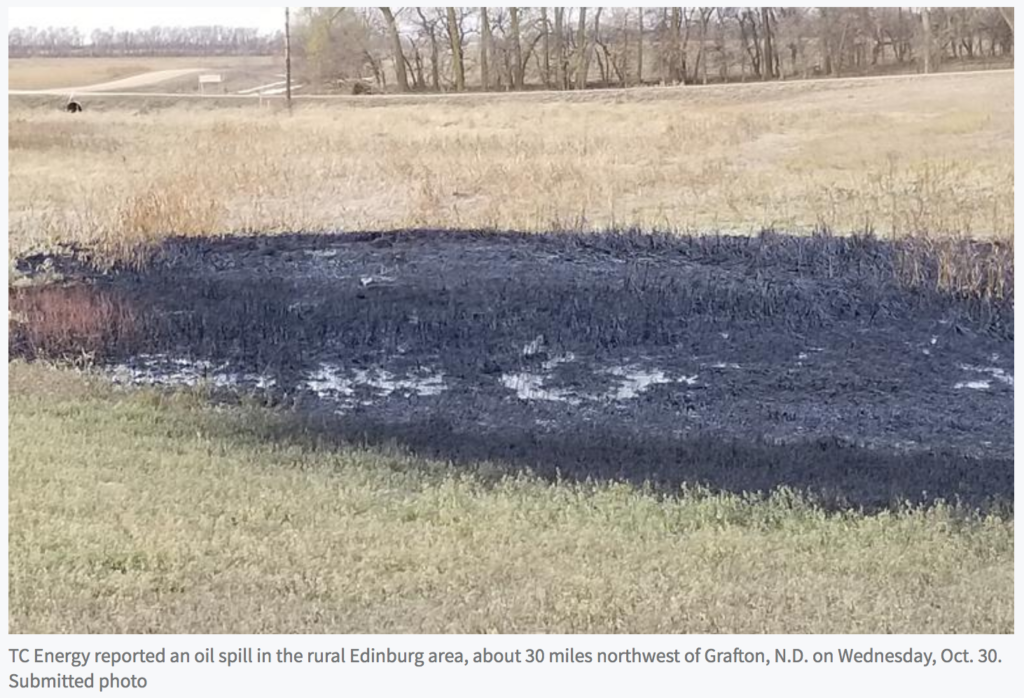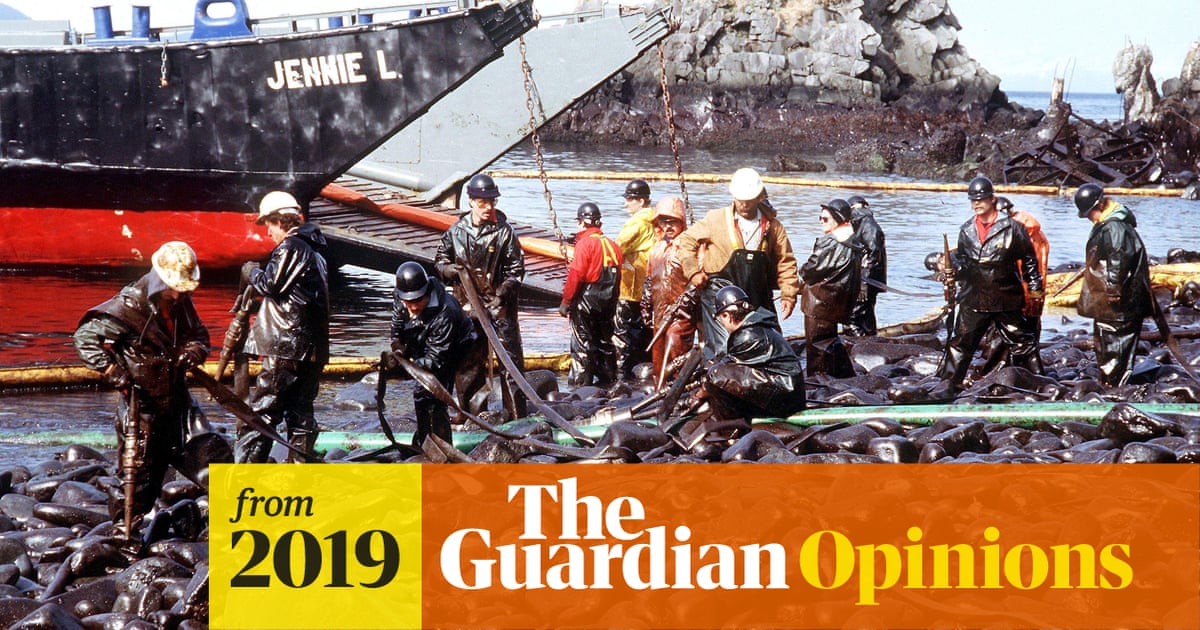healthmyths
Platinum Member
- Sep 19, 2011
- 29,007
- 10,509
- 900
Evidently they have more knowledge than you have. Where are your facts is is "very expensive to extract"?I don't know why they would want to continue to extract tar sand oil. It is very expensive to extract. However, that is an economic question for the companies who are doing the extraction.You're right on the refinery location thing, and probably the cost of a refinery is out of the question, but you could have been nicer to the OP who didn't diss you in any way. I'm not sure why Canada is extracting the "crude" from tar sands. Is that even profitable given the price of oil now?The issue isn't about how much profit Canadians can make. The pipeline is shut down because of some idiotology about environmental dangers.Gee, lets look at that notion.I've heard they lost 1,000 pipeline jobs and 10,000 construction jobs by stopping the pipeline. But I'm curious how many railroad jobs and trucker jobs would have been lost had it been built?
And think about it logically. It's stupid to transport the raw product to Texas to be refined, move the refineries to the source. Build them at the source so they don't have to be transported. I mean damn how dumb do you have to be to not figure that out?
If we have a single product that is being shipped in an environmentally safe manner, we run a small risk of some incident.
Now, a refinery produces:
Fuels
Other Products
- microcrystalline wax
- napalm
- naphtha
- naphthalene
- paraffin wax
- petroleum jelly
- petroleum wax
- refined asphalt
- refined bitumen
Now we have to ship ALL OF THIS refined material
Do you feel embarrassed yet?
Ship all those products separately but have the refining process close to the source, or;
Move the raw product to the refineries that are close to the transportation infrastructure for exporting.
Gee...I wonder just how hard a decision that can be?
By shipping refined products abroad the Canadians make more profit.
My reply was on the notion that it is more sensible to place the refinery close to the source based on the environmental issue, clearly, that is not the case.
Given that the 17 volatile and toxic products of oil refinement have to be shipped by rail or truck, the risk to the environment is now orders of magnitude greater.
A pipeline of the raw product is the most economical and enviromentally sound solution.
But if the canadians want it shipped, it'd be in my self interest for the XL, and trains are just a pain in the ass not to mention safety.
It's just Joe tossing a bone to his Prog base.



